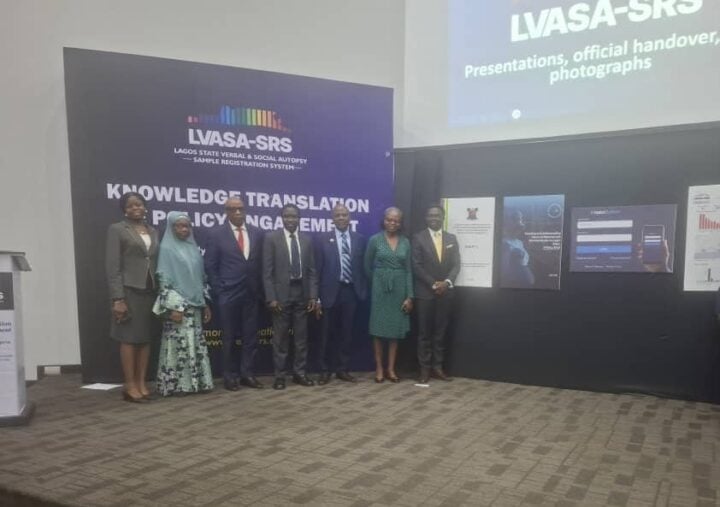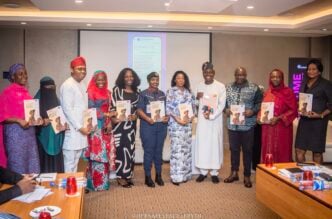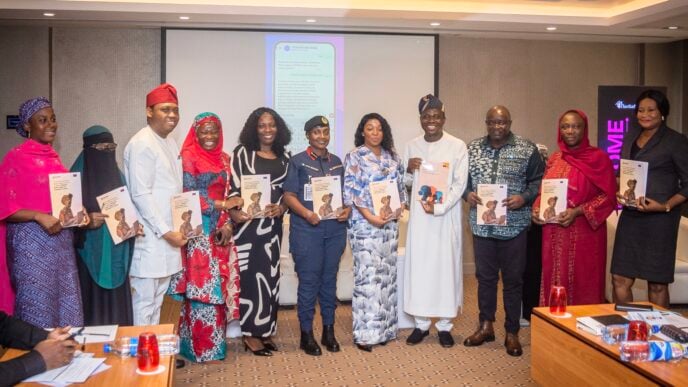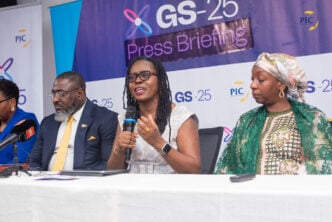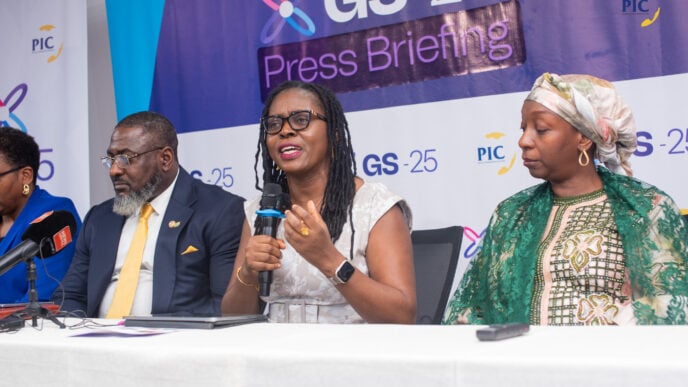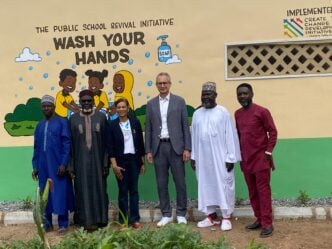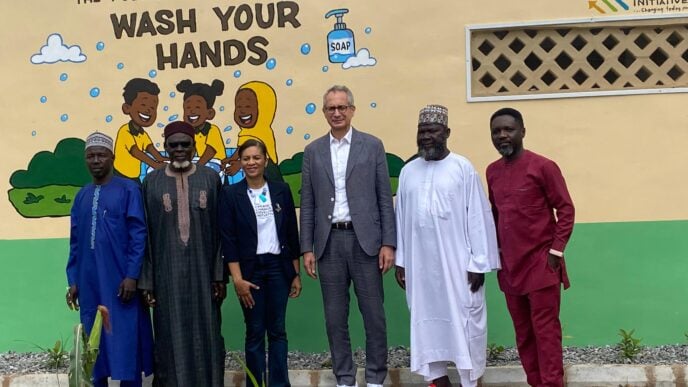Health experts say high maternity deaths in Lagos state may persist unless the barriers to professional care are removed.
According to the experts, there is a need for strategic stakeholders’ involvement, effective communication, and constant enlightenment.
The health experts spoke at the ‘Knowledge Translation and Policy Engagement’ event, which was held in Lagos on Tuesday.
At the event, stakeholders were introduced to the Lagos State Verbal and Social Autopsy Sample Registration System (LVASA-SRS) project, designed to strengthen maternal and perinatal death surveillance and response in the state.
Advertisement
The project is an initiative of the Lagos state government, implemented in collaboration with researchers from the Lagos University Teaching Hospital (LUTH), the Lagos State University Teaching Hospital (LASUTH), and the London School of Hygiene and Tropical Medicine.
Speaking at the event, Bosede Afolabi, professor of obstetrics and gynecology at the College of Medicine, University of Lagos, said the project is a system-based method of accurately measuring maternal mortality and stillbirth rates in Lagos state.
“It’s a systematic, rigorous, and evidence-based method of measuring maternal mortality in Lagos state. In this method, over one year, what we did was go into households to find out if they had had any deaths of women in pregnancy and childbirth, and record those deaths, asking questions about the deaths and causes,” Afolabi said.
Advertisement
“Apart from clinical causes, finding out the social causes that led to the deaths. You cannot fix anything that you don’t know the actual number. Knowing the numbers accurately and the causes is the first step towards determining how to fix the problem.”
Afolabi said households were systematically sampled using digital maps to choose those that were visited across the LGAs within the state.
‘Fifty households each were selected across the LGAs,” she noted.
She added that the first phase is to present the findings of the project, then start implementation and make it sustainable.
Advertisement
Afolabi, who is also the principal investigator of the project, added that delivery should always be handled by skilled professionals, adding that healthcare centres should be more accessible and affordable.
“We need to understand the value of women and end discrimination. If we value them, we will ensure that they do not die during pregnancy,” she said.
“We need to ensure that childbirth is totally and truly free so that more women can attend hospitals and seek help from professional caregivers.”
‘MEDICAL DATA SHOULD BE TRANSLATED INTO ACTIONABLE POLICIES’
Advertisement
Also speaking, Kemi Ogunyemi, special adviser on health to Babajide Sanwo-Olu, the governor of Lagos, noted that comprehensive data on maternal health can be challenging to obtain, and understanding why and how people are dying needs effective targeted interventions.
“The verbal and social autopsy system is a critical tool in our quest for healthier Lagos,” Ogunyemi said.
Advertisement
“In a developing context like ours, where comprehensive and vital registration data can sometimes be challenging to obtain, LVASA provides valuable insight into the causes of deaths, especially among vulnerable populations.
“By understanding why and how people are dying, we can better target our interventions, allocate resources more effectively, and develop evidence-based policies that truly save lives.
Advertisement
“This system is not just about numbers; it is about giving voice to the voiceless and ensuring that every life counts.
“The Lagos state government is unequivocally committed to strengthening our healthcare system. We believe in a data-driven approach to public health where every citizen has access to quality healthcare.
Advertisement
“The LVASA project aligns perfectly with our health agenda, which prioritises primary care and healthcare, maternal and child health, and disease surveillance.”
She noted that it is not enough to generate data but to ensure that it is effectively disseminated, understood, and translated into actionable policies and programmes that will benefit the people.
